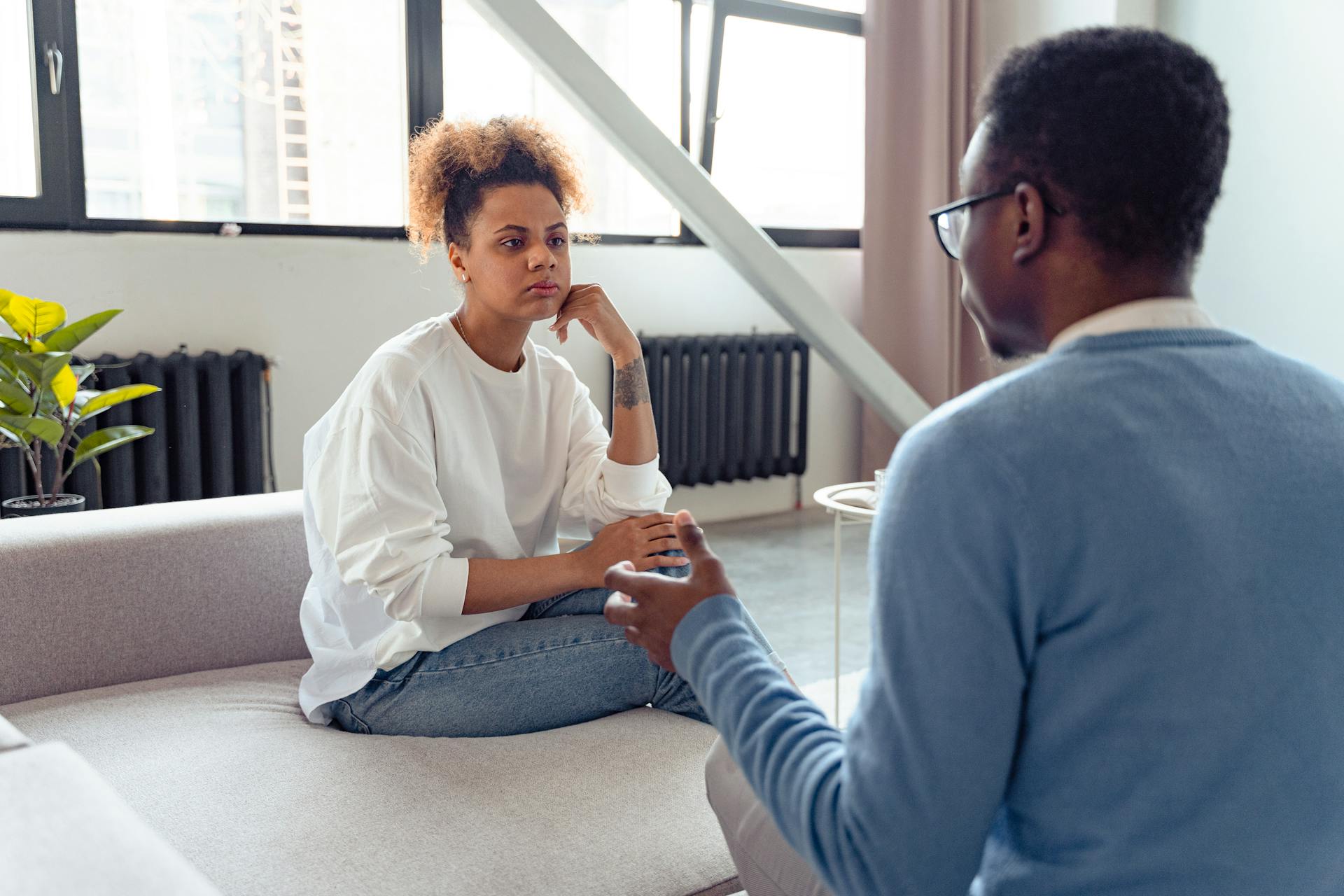Therapy is beneficial for everyone, and for those who are married, couples therapy provides a safe space to express feelings and thoughts openly. The core purpose of couple’s therapy pegs one question: is it exclusively for married people?
The desire to participate in couple’s therapy can stem from a need to develop communication skills. It can also stem from the want to build an understanding relationship or grow in vulnerability. For this reason and more, an unmarried woman or man may seek couples therapy before marriage.
Hannah Townsend, a sex and relationship therapist at Atlanta Therapeutic Collective, says an unmarried couple’s may attend relationship counseling when they’re dating to address relationship issues. The goal might be to improve relationship satisfaction and identify areas of strength and growth before considering marriage.
“[An unmarried couple] might also consider participating in counseling to better understand [their] relationship patterns,” Townsend said. “Examples include the pursuer-distancer dynamic, conflict-avoidant behavior, codependency, high-conflict interactions, and the caretaker/caretaken dynamic.”
Improve Communication Skills
Premarital counseling is primarily for long-term committed couples preparing for marriage. A unmarried couples might participate in relational therapy to improve her communication skills. They may focus on building empathetic engagement, reflective listening, non-defensive communication, conflict resolution, expressive communication and emotional regulation.
“[Women] can participate in and benefit from individual therapy focused on interpersonal resolution skills,” Townsend said. “Therapy will support [their] individual growth through understanding relationship patterns and developing skills for healthy relationships.”
Address Unresolved Emotions
Townsend explained that an unmarried woman might want to work through emotions in preparation for marriage. Therapy helps address unresolved emotional concerns or conflicts related to relationships. Common emotional concerns include a fear of intimacy, fear of abandonment, low self-esteem, trust issues, anxiety, insecurity and unresolved grief or loss.
Speak to Childhood Experiences
In therapy, single women can also process past experiences, such as betrayal, dishonesty, loyalty issues, abandonment or emotional neglect. They can also address childhood experiences of inconsistent caregiving, traumatic losses, critical or unsupportive upbringings, past failures, or negative self-perception.
Manage Emotions
Couple’s therapy can help manage general anxiety, past traumas, attachment insecurities, past relationship breakups or other significant griefs and losses.
“By understanding personal patterns and fostering emotional health, an unmarried woman can lay a strong foundation for future relationships,” Townsend said. “This process helps her recognize her strengths and weaknesses in relationships, manage emotions effectively, express needs and listen actively.”
Key relational skills to develop in therapy include self-awareness, emotional regulation, communication skills, boundaries and autonomy, conflict resolution, and understanding attachment styles. Through therapy, a woman might also establish and maintain healthy boundaries, develop strategies for resolving disagreements constructively, and understand the role of attachment styles within relationships.
